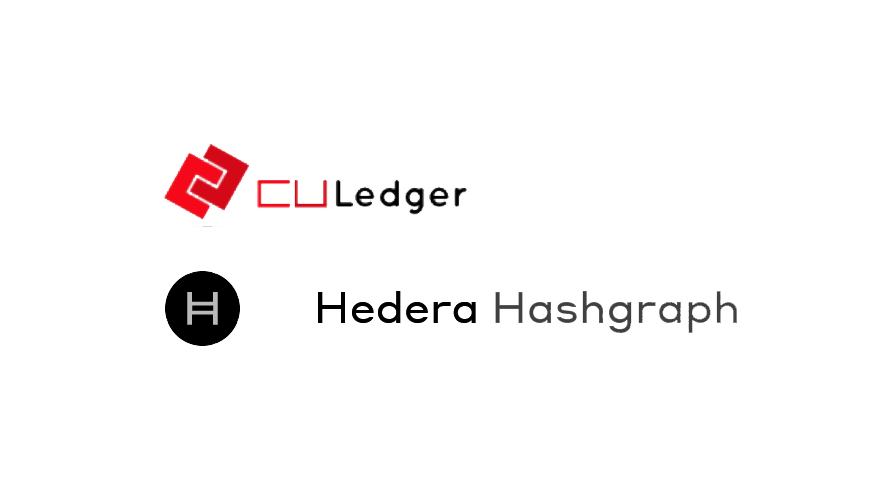CULedger and Hedera today announced a partnership whereby CULedger will use Hedera’s hashgraph platform and public ledger to build a system for cross-border payments. CULedger has already been using the private ledger version of hashgraph, offered by Swirlds, for general purpose, permissioned ledger use.
The Hedera hashgraph platform will be used in conjunction with the MyCUID project, which is a new consumer-focused global digital identity solution, to build a comprehensive system for identity and global payments.
The McKinsey Global Payments 2017 report found that “The average margin on a cross-border consumer-to-consumer transaction today is 635 basis points, compared to 6 domestically, due to the greater complexity, the additional foreign exchange revenues, and the premium positioning of the service.” The new service from CULedger will help reduce the cost and complexity of making such payments.
“Currently, cross-border payments are painful for all parties involved. They take time, they’re expensive, and there is limited visibility into the transaction. Hashgraph is fast and it provides visibility between the two parties at a significantly lower cost. It also eliminates concerns regarding fraud and default, since transactions are recorded immutably on the public ledger, and manual processes since transactions are automated via smart contracts. Equally important for us was that any distributed ledger we build on must provide stability, so that we, our application developers, and our credit unions can feel confident in the long-term support and community of the distributed ledger we use. This made Hedera the only choice for us.”
“CULedger continues to lead the financial services industry in innovative ways to apply distributed ledger technologies to the huge challenges that financial services firms and individuals face in making timely, secure, cost-efficient payments, be they across the country or around the world. We are pleased they are choosing to expand their capabilities being built on top of hashgraph, and look forward to working with the team to enable more efficient global commerce, by reducing the costs and complexity associated with global payments.”
